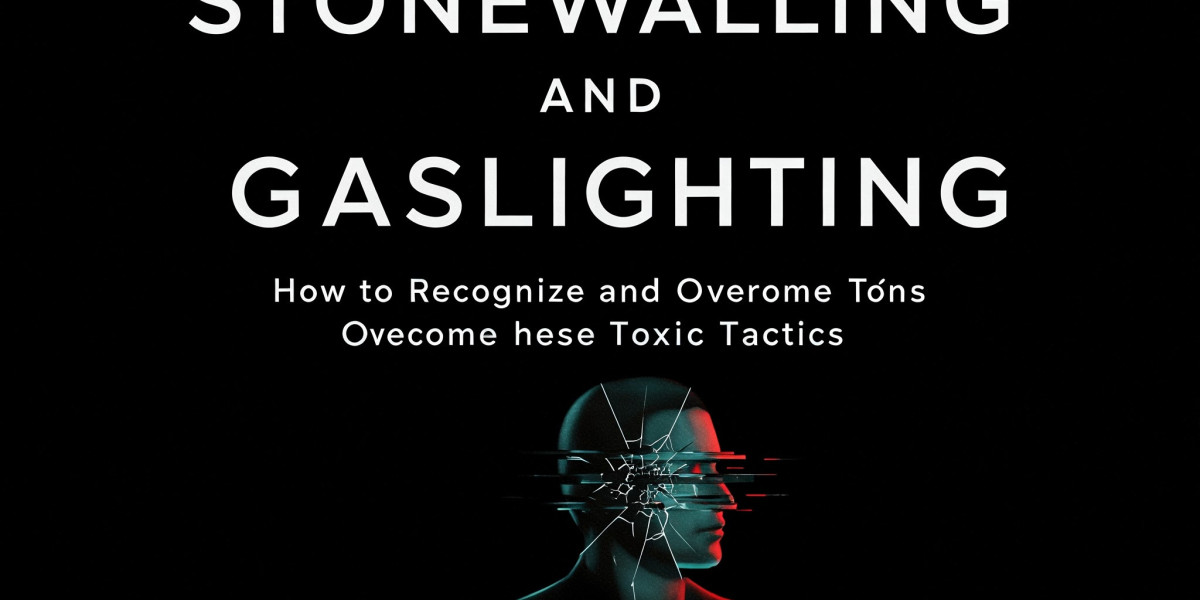Have you ever felt like someone is shutting you out completely during an argument or making you question your own reality? If so, you might have encountered stonewalling and gaslighting—two harmful communication tactics often used in toxic relationships. These behaviors can cause emotional distress, lower self-esteem, and create confusion in personal and professional interactions.
Understanding these manipulative tactics is the first step toward protecting yourself. In this guide, we’ll explore what stonewalling and gaslighting are, why they’re harmful, and how to respond effectively when faced with these behaviors.
What is Stonewalling?
Stonewalling occurs when someone refuses to engage in communication, ignores the other person, or completely withdraws from a conversation. This can be done by giving the silent treatment, walking away, or shutting down emotionally.
Examples of Stonewalling:
A colleague ignores your emails and avoids addressing an issue.
A friend continuously changes the subject when you bring up a problem.
What is Gaslighting?
Gaslighting is a psychological manipulation tactic where a person makes someone question their own memory, perception, or reality. It is often used to gain control or avoid accountability.
Examples of Gaslighting:
A partner insists, “That never happened,” despite clear evidence.
A boss tells an employee, “You’re overreacting,” when they express concerns.
A friend makes you feel guilty for calling out their bad behavior by saying, “You’re too sensitive.”
Why Are Stonewalling and Gaslighting Harmful?
These tactics can have serious emotional and psychological effects, including:
Increased anxiety and self-doubt
Loss of confidence in one’s judgment
Emotional isolation and frustration
Strained relationships
By understanding these behaviors, you can recognize them early and take steps to protect yourself.
How to Deal with Stonewalling and Gaslighting
Steps to Respond to Stonewalling:
Stay Calm – Reacting with anger may escalate the situation.
Express Your Feelings Clearly – Let the person know how their silence affects you.
Set Boundaries – If they refuse to engage, limit your exposure to them.
Seek Mediation – A therapist or trusted friend can help facilitate communication.
Know When to Walk Away – If the pattern continues, consider distancing yourself.
Steps to Respond to Gaslighting:
Trust Your Perceptions – Keep a journal of incidents for reference.
Ask for Evidence – Challenge false claims with facts.
Stay Confident – Don’t let someone else define your reality.
Limit Contact if Necessary – If gaslighting is persistent, reducing interaction may be the best option.
Best Practices for Healthy Communication
Active Listening: Show empathy and validate emotions.
Open Dialogue: Encourage honest conversations without fear of retaliation.
Mutual Respect: Disagreements should be handled with respect, not manipulation.
Emotional Awareness: Recognize when feelings influence interactions.
Common Mistakes & How to Avoid Them
Mistake 1: Engaging in Arguments with a Stonewaller
Solution: Instead of demanding a response, take a break and revisit the conversation later.
Mistake 2: Doubting Yourself When Gaslighted
Solution: Keep records of conversations and trust your memory.
Mistake 3: Ignoring Repeated Patterns
Solution: Recognize recurring behaviors and take action to protect your well-being.
Future Trends & Predictions
As mental health awareness grows, people are becoming more educated on emotional abuse and manipulation. Future trends in psychology and relationship counseling emphasize:
Increased awareness of narcissistic abuse.
More online resources and support groups for victims.
AI tools for detecting toxic communication in digital interactions.
FAQs
1. How do I know if someone is stonewalling me?
If they refuse to talk, avoid eye contact, or abruptly leave conversations, they may be stonewalling you.
2. Is gaslighting intentional?
While some people gaslight deliberately, others may do it unconsciously due to learned behaviors.
3. Can stonewalling and gaslighting happen in the workplace?
Yes. Managers or coworkers may use these tactics to avoid responsibility or control narratives.
4. How do I protect myself from gaslighting?
Maintain personal records, seek support, and set firm boundaries in relationships.
5. Are stonewalling and gaslighting forms of emotional abuse?
Yes. Both tactics manipulate emotions and can be harmful in the long run.
Recognizing and addressing stonewalling and gaslighting is crucial for maintaining healthy relationships and mental well-being. By setting boundaries, seeking support, and practicing self-awareness, you can protect yourself from these toxic tactics.
If you or someone you know is struggling with emotional manipulation, seek professional guidance or visit Mental Health Connect for additional resources.







